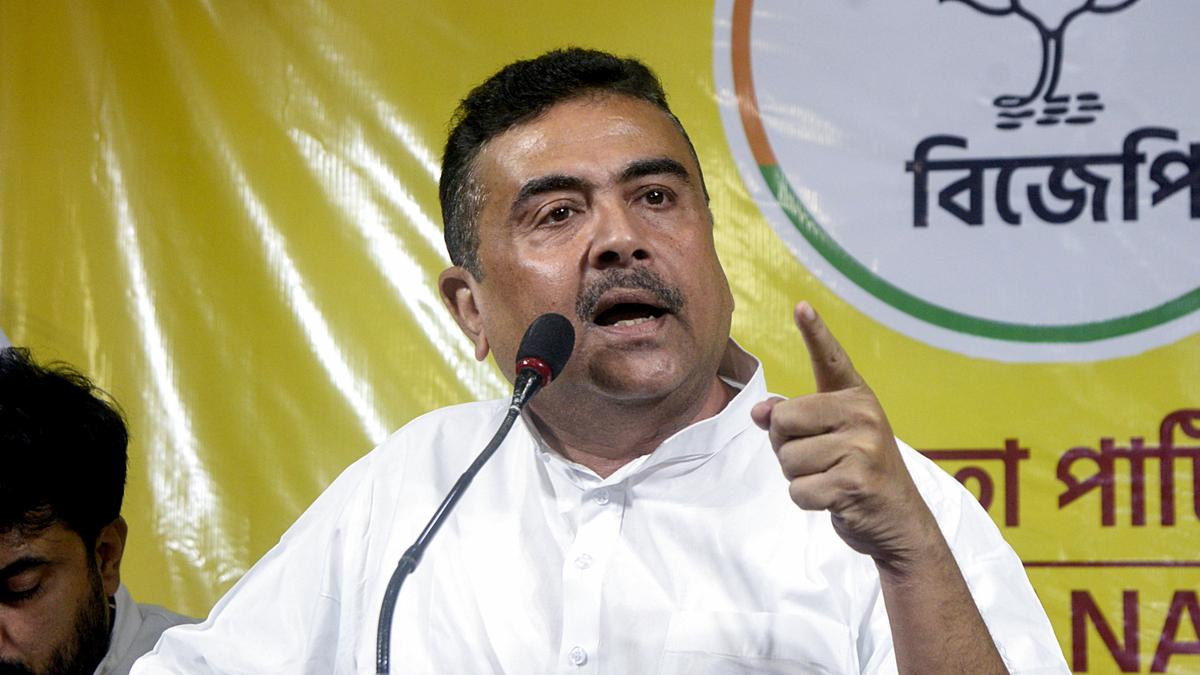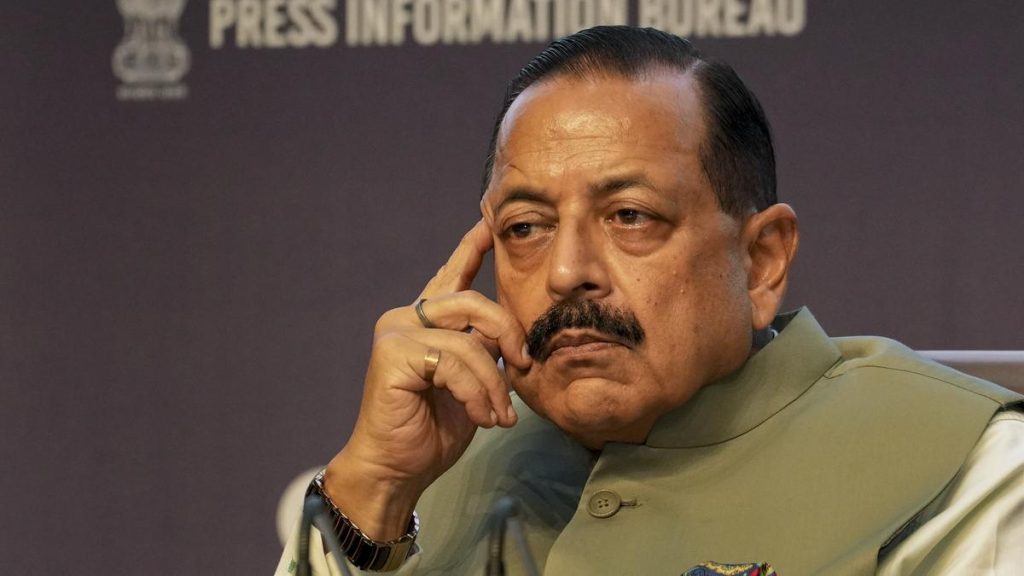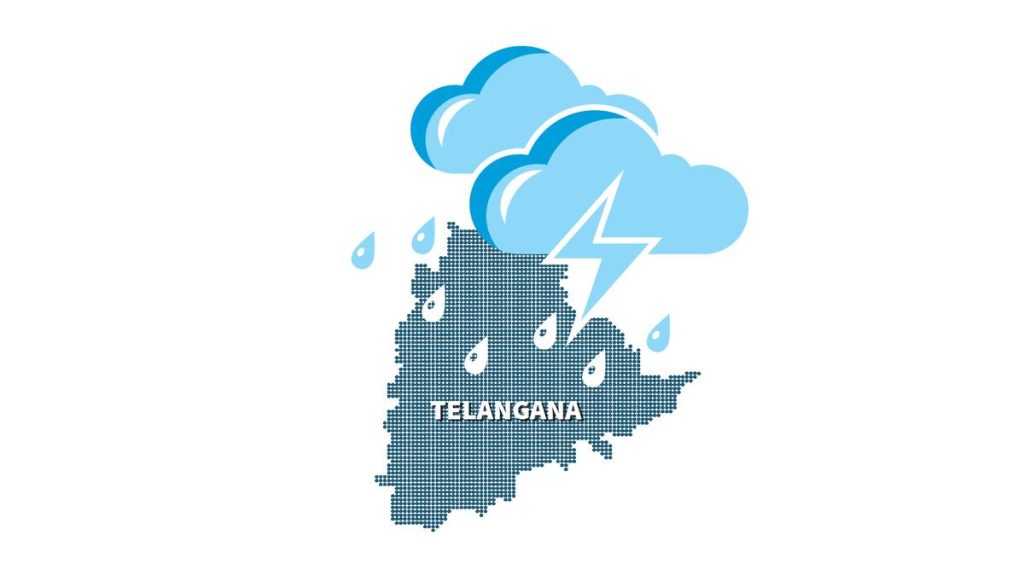Now Reading: Suvendu Advises Bengalis Against Visiting J&K, Faces Backlash from TMC
-
01
Suvendu Advises Bengalis Against Visiting J&K, Faces Backlash from TMC
Suvendu Advises Bengalis Against Visiting J&K, Faces Backlash from TMC

Speedy Summary:
- Suvendu Adhikari, Leader of Opposition in West bengal Assembly adn BJP Bengal President, appealed to Bengalis not to visit “Muslim majority” Jammu and Kashmir but suggested travel to Jammu or other regions like Himachal Pradesh and Odisha. His remarks were based on incidents of killings in Pahalgam after ascertainment of victims’ religion.
- Adhikari stated that Omar Abdullah should have visited the affected families during his recent visit to Kolkata.
- The Trinamool Congress (TMC) criticized Adhikari’s statements, claiming they align with a “terrorist agenda” and questioned if such sentiments are endorsed by BJP’s national leadership.
- TMC leaders accused Adhikari’s remarks of being divisive, unconstitutional, and counterproductive to restoring normalcy in Jammu & Kashmir as declared by the union government. Minister Shashi Panja challenged whether newly-elected State BJP president Samik Bhattacharya supported such views.
- Leaders from Congress and Left parties also condemned the comments as communal.
Indian Opinion Analysis:
Suvendu Adhikari’s comments reflect deepening tensions within Indian political discourse around communal identity and tourism safety. While his concerns about safety might resonate with specific audiences following violent incidents in parts of Jammu & Kashmir, discouraging visits based on religious demographics could be viewed as fostering division rather than unity-a sensitive issue for India’s pluralistic society.The opposition’s strong reaction underscores concerns over possible ramifications for inter-community relations both within West Bengal and across India. Moreover, these exchanges raise critical questions about political accountability regarding rhetoric that might detract from tourism revival efforts in Jammu & Kashmir-especially given Union government assurances aiming at normalcy there. As tourism remains crucial for economic growth nationwide, creating undue apprehensions could hinder collective progress.






















